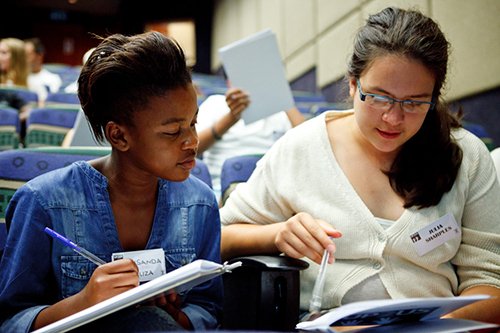
Societies with turbulent racial pasts face challenges and opportunities when shaping their country’s future. As we learned from Jonathan Jansen in my previous Global Search for Education article, education can play a critical role in bringing about positive change. Ensuring students are able to leave classrooms thinking more compassionately about each other, nurturing the skills which will help them make good choices, and enabling them to live as active and democratic citizens in a 21st century world, are all critical goals.
Over the last ten years, a South African education organization called Shikaya has been working with teachers to achieve these goals. Their core program, Facing the Past – Transforming our Future was developed in partnership with Facing History and Ourselves and is now in its eleventh year. It has trained hundreds of teachers in hundreds of schools and impacted the lives of students all across the country.
Dylan Wray is the co-founder and executive director of Shikaya. He has been coordinating the Facing the Past – Transforming Our Future project since 2003. He joins me today in The Global Search for Education.

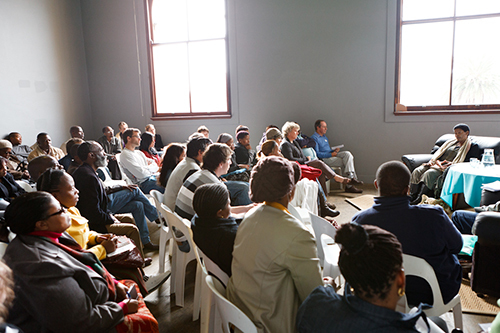
What do you see as the role of the teacher in preparing young people to be active and caring citizens?
Shikaya sees teachers as being at the very core of ensuring success in schools. The teachers decide how their students will learn in their classrooms. It is the teacher who creates the space within those walls where the students can think about their thinking and behavior, or not. It is the teacher who shows his/her students through her own behavior, what it means to be compassionate and accepting of others different from themselves, or not. It is the teacher who creates the opportunity for young people to practice democratic thinking and action. Or she doesn’t and leaves it to chance (or somebody else) that they learn and understand what it means to be an active democratic citizen.
This, of course, is a big ask. Not only are we expecting improved grades from teachers, but we also expecting them to shape the values, thinking and action of the young people under their care. But I think we often forget that teachers are also people – many with different values. They also carry their own prejudices, fears and insecurities into the classroom alongside their strengths and passion. So if we are asking of teachers to be these citizen creators, we need to support them on a personal as much as a professional level.
What do you see as the role of the parent?
Parents are central in developing democratic habits. Research, for instance, shows that if we include our children in our discussions about voting at election time and if we can actually take them with us to vote, they are more likely to vote themselves when they reach voting age. We took our three-year old sons with us to vote in our general elections just a few weeks ago. Beforehand we spoke about what we were going to do. They stood in line with us, looked over the ballot cards and watched as we made our choices. They were the ones who put the ballots in the ballot boxes for us. Just two days ago we drove past the voting station and we heard one of them say, “Look. That is where we voted.” They are learning the language and witnessing the act. By the time my boys are of voting age they will have had six more moments of voting with us. Six should be enough to develop a habit.

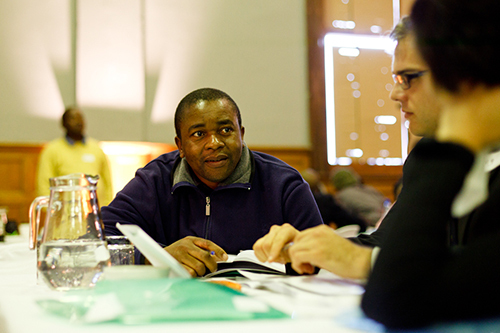
Can you speak a little about the work you are doing related to the Truth, Justice and Reconciliation Commission?
Three years ago Kenya began the Truth, Justice and Reconciliation Commission, which was formed to look into not only the post-election violence of 2007, but also the period after Independence. One particular feature of the process was that almost 9000 children testified about their experience of the post-election violence and also around issues of poverty, education and sexual violence. Brave young children all over Kenya stood before the Commissioners and told their stories.
Myself and Dr. Karen Murphy, the International Director of Facing History and Ourselves, were asked by the International Centre of Transitional Justice to create a child-friendly report of the TJRC.
We have tried to create a version of the main report that is both a resource for children and also a tool for teachers and others working with youth in Kenya. Our intention has been to capture some of the stories that children shared with the TJRC in a way that asks the reader, whether she is a teacher or a young Kenyan, to think deeply about their own choices and behavior.
We are in the final stages of writing, having recently undertaken a validation process in Kenya with various stakeholders, including children, teachers, principals and civil society. The response was overwhelmingly positive. We have some more to do to bring in the feedback we received from the Kenyan stakeholders, and we plan to release this children’s version mid-2014.

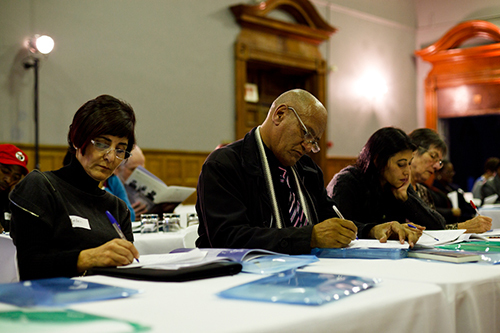
What are some of the best examples you have seen of school reform in South Africa?
One example comes from Jonathan Jansen, the Chancellor of Free State University who has already been featured in this series. He has recently published a very important book along with the filmmaker, Molly Blank. Their book, How to Fix South African Schools, looks at eighteen case studies of schools that are successful despite being over-crowded, in poor and remote areas, or are surrounded by schools that are failing. But these schools, for a variety of reasons ranging from the leadership of the principals to the quality and passion of the teachers, are succeeding. The book contains short videos of these schools as well as a workshop guide, which I was asked to create, that allows schools that want to learn from these stories to engage with them in their staff rooms as part of their professional development programs. The solutions and improvement strategies that emerge from these schools are relatively simple and, most importantly, have been shown to be successful in schools that face some very tough challenges. So if these schools can do it, then really, there is no reason why all the schools similar to these shouldn’t be able to succeed as well. We have just begun an important initiative to work closely with schools across the country using the case studies from the 18 successful schools as tools for turning other schools around.
How much focus has been given to great leadership in schools? Do you believe more needs to be done?
A few years ago, Pam Christie, the Dean of Education at the University of Cape Town, released a gem of research called Schools That Work. Her research showed that the quality of principal leadership was essential to the success of a school, and in successful under-resourced schools, when the principal left, the school’s performance immediately dropped. The depth of leadership in the schools did not generally extend beyond the principal. This was in contrast to more well-resourced schools where a change in principal didn’t necessarily see a drop in performance. So, of course we need to be investing in supporting principals, but we also need to develop the school management teams as a whole if we want success to be sustainable.
Of equal importance are the district, provincial and national management structures as well. Too many people in these leadership roles have not been given the proper support and training to run very difficult and complicated systems. We often talk about the visionary principals but we also need to start talking about, finding, nurturing and developing the visionary managers of this system.

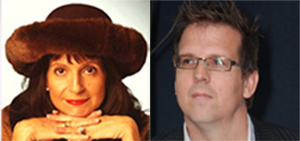
All photos are courtesy of Shikaya
For more information on Shikaya: http://shikaya.org/
In The Global Search for Education, join me and globally renowned thought leaders including Sir Michael Barber (UK), Dr. Michael Block (U.S.), Dr. Leon Botstein (U.S.), Professor Clay Christensen (U.S.), Dr. Linda Darling-Hammond (U.S.), Dr. Madhav Chavan (India), Professor Michael Fullan (Canada), Professor Howard Gardner (U.S.), Professor Andy Hargreaves (U.S.), Professor Yvonne Hellman (The Netherlands), Professor Kristin Helstad (Norway), Jean Hendrickson (U.S.), Professor Rose Hipkins (New Zealand), Professor Cornelia Hoogland (Canada), Honourable Jeff Johnson (Canada), Mme. Chantal Kaufmann (Belgium), Dr. Eija Kauppinen (Finland), State Secretary Tapio Kosunen (Finland), Professor Dominique Lafontaine (Belgium), Professor Hugh Lauder (UK), Professor Ben Levin (Canada), Lord Ken Macdonald (UK), Professor Barry McGaw (Australia), Shiv Nadar (India), Professor R. Natarajan (India), Dr. Pak Tee Ng (Singapore), Dr. Denise Pope (US), Sridhar Rajagopalan (India), Dr. Diane Ravitch (U.S.), Richard Wilson Riley (U.S.), Sir Ken Robinson (UK), Professor Pasi Sahlberg (Finland), Professor Manabu Sato (Japan), Andreas Schleicher (PISA, OECD), Dr. Anthony Seldon (UK), Dr. David Shaffer (U.S.), Dr. Kirsten Sivesind (Norway), Chancellor Stephen Spahn (U.S.), Yves Theze (Lycee Francais U.S.), Professor Charles Ungerleider (Canada), Professor Tony Wagner (U.S.), Sir David Watson (UK), Professor Dylan Wiliam (UK), Dr. Mark Wormald (UK), Professor Theo Wubbels (The Netherlands), Professor Michael Young (UK), and Professor Minxuan Zhang (China) as they explore the big picture education questions that all nations face today.
The Global Search for Education Community Page
C. M. Rubin is the author of two widely read online series for which she received a 2011 Upton Sinclair award, “The Global Search for Education” and “How Will We Read?” She is also the author of three bestselling books, including The Real Alice in Wonderland, is the publisher of CMRubinWorld, and is a Disruptor Foundation Fellow.
Follow C. M. Rubin on Twitter: www.twitter.com/@cmrubinworld


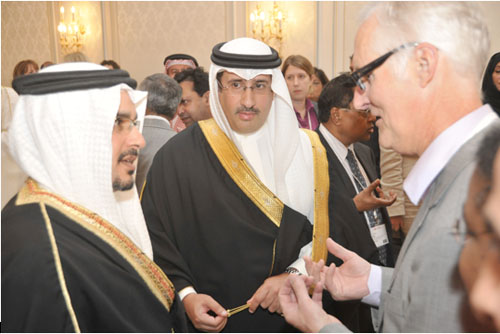
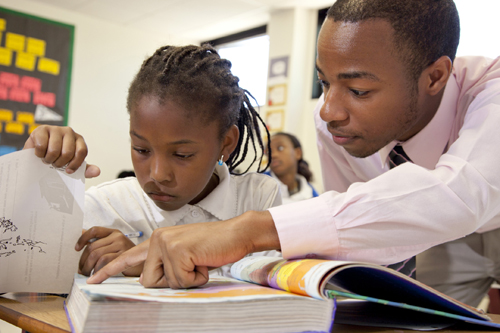
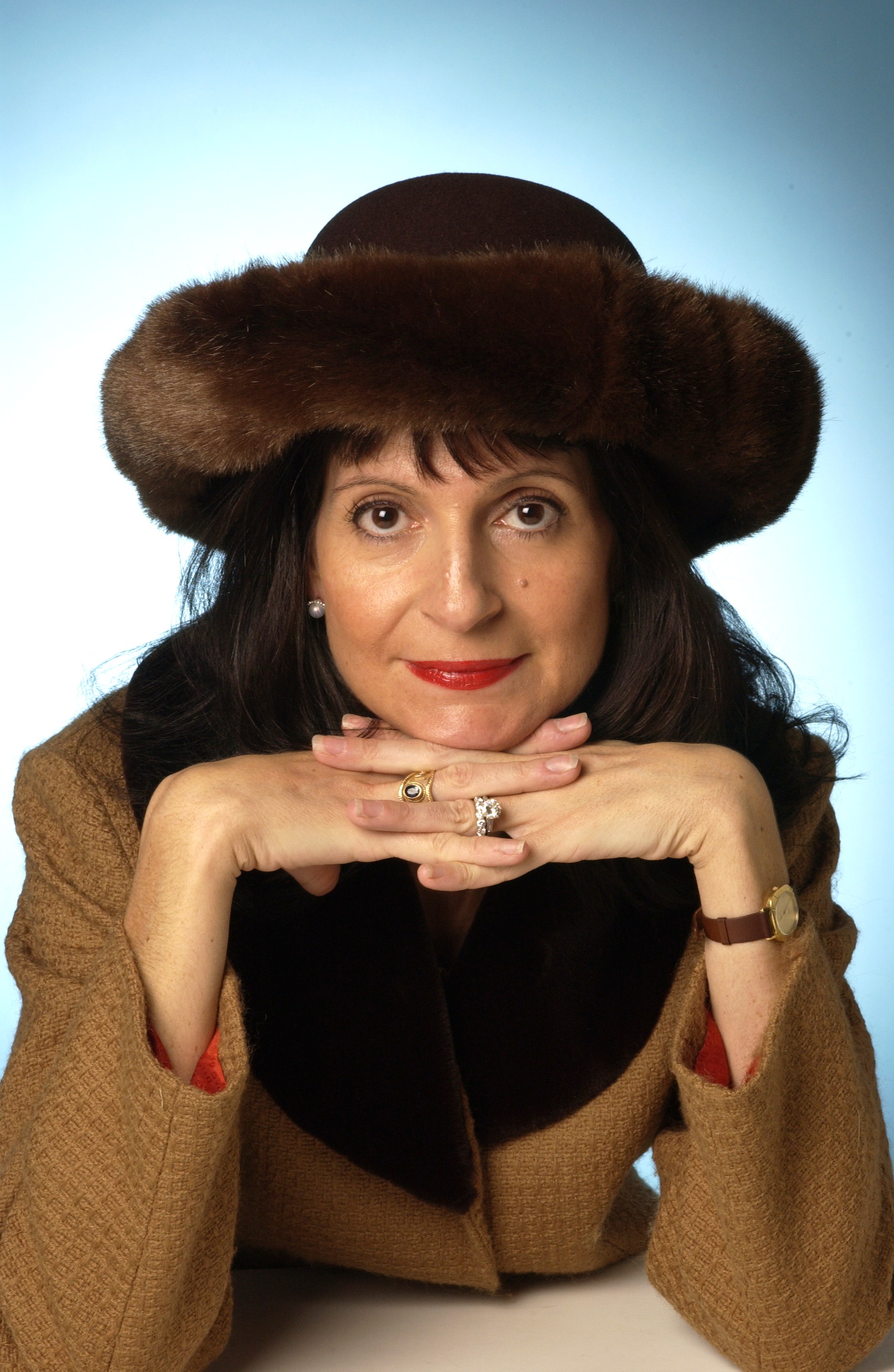
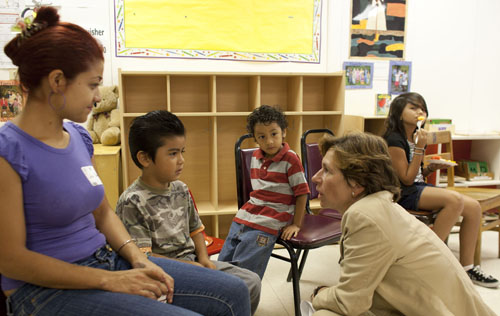
Recent Comments